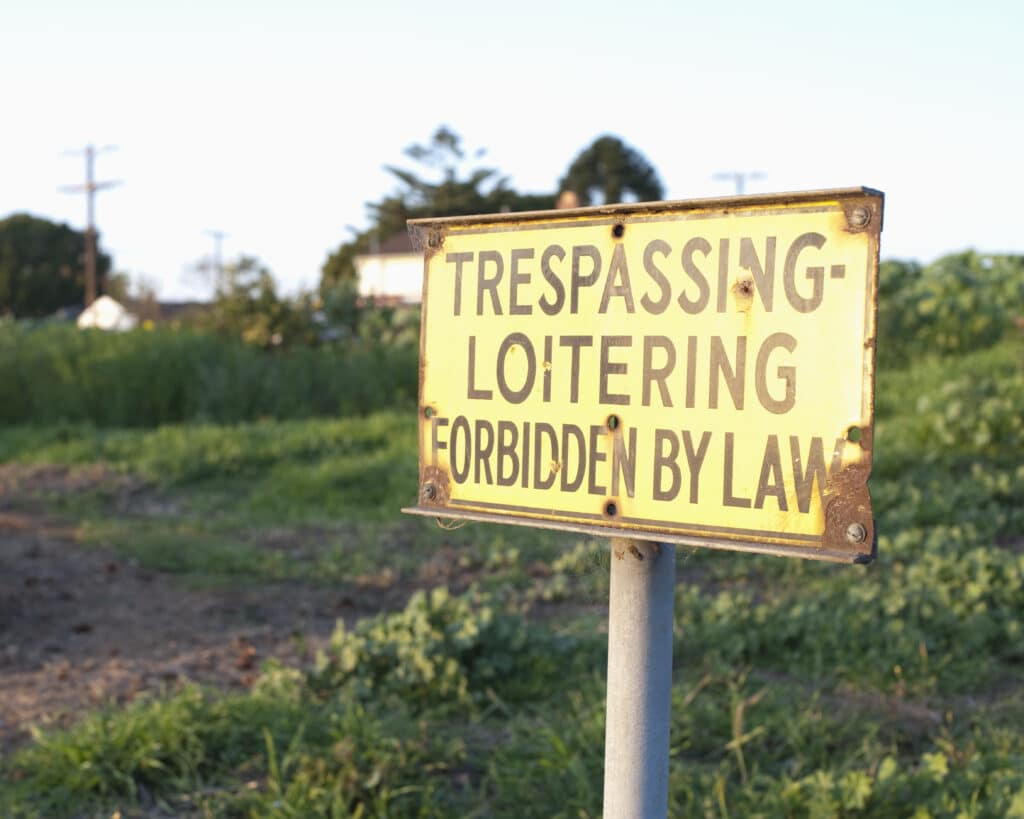VEHICULAR HOMICIDE CHARGES IN TEXAS

Some states don’t recognize vehicular homicide as its own specific crime, but Texas is one of the states that will uphold this specific offense. In the state of Texas, a person who is convicted of vehicular homicide faces between 2 to 20 years in prison. Vehicular homicide is the act of killing another victim in a crash that was partially due to drunk driving.
If the drunk driver survives the accident, he or she can be charged with this very serious felony. Laws in each state vary greatly on the idea of vehicular homicide. Some states take the offense very seriously and will force individuals to serve up to 99 years for the crime.
Specifically in Texas, vehicular homicide is also referred to as intoxication manslaughter. This is normally a second-degree felony and will result in at least a mandatory two years of prison time. Individuals can serve a sentence of up to 20 years for this singular crime, but cannot sever more than that. Also, Texas has a $10,000 maximum for fines associated with intoxication manslaughter.
If an offender kills more than one person during a drunken-driving accident, then he or she may be sentenced for multiple intoxication manslaughter charges. This can duplicate the sentence, eventually resulting in a life sentence for those who have killed multiple people in a car crash. If you have been arrested for an intoxication manslaughter charge, the best move you can make is to hire a dedicated and hardworking Houston DWI attorney to represent you in your case.
Criminal Defense Attorney Herman Martinez is a Former U.S Chief Prosecutor, so he understands both sides of DWI law. If you have been arrested, he can use his intimate knowledge of both sides of the justice system to advocate for your innocence or the dismissal of your case. Herman Martinez will do all that he can to reduce your charges or eliminate your possible sentences, so partner with the lawyers at this firm today!






